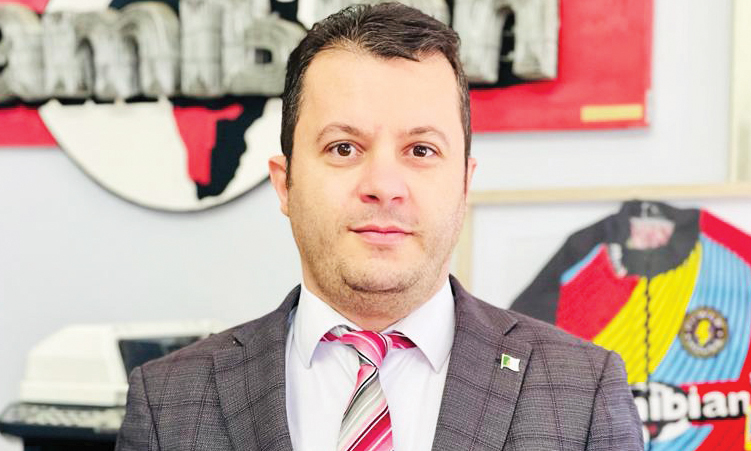President of Algeria Abdelmadjid Tebboune has put forward a plan aimed at preventing military intervention and fostering political stability across the African continent.
This is in a bid to address Niger’s ongoing constitutional crisis and the recent coup.
The acting ambassador of Algeria to Namibia, Abdelatif Nouri, shared this with The Namibian on Tuesday.
“The proposed initiative by the Algerian president is a preventive mechanism intended to forestall the repetition of past mistakes stemming from military interventions,” he said.
Nouri said numerous countries in the past, including Libya, Iraq, and Syria, have attempted to bring about change through military intervention, but these efforts did not lead to positive outcomes.
Instead, they often resulted in a state of chaos.
“We are actively seeking a political resolution without resorting to force, fully aware that the application of force carries the potential to destabilise all nations in this region,” he said.
Nouri said this destabilisation would open opportunities for terrorists to establish themselves in the region, which could pose long-term dangers.
“Algeria aims to address the crisis by inviting all countries and international bodies, such as the United Nations and the African Union (AU), to engage in negotiations and discussions towards achieving lasting stability in Niger,” he said.
He said Algeria is receptive to all political suggestions and solutions directed towards restoring stability in Niger.
“Algeria will make every effort to propose a draft resolution during the upcoming African Union summit, with the aim of putting an end to the era of coup d’états that have disrupted the African continent and hindered its progress,” he said.
Nouri said Algeria intends to collect the support of the remaining AU member states to ensure the success of their draft resolution.
According to him, the Algerian president’s initiative is bound by a six-month deadline for implementation.
Nouri said the Algerian government has opted for this time frame to speed up the transition process, as prolonged transitional periods tend to worsen divisions among conflicting parties.
Nevertheless, he emphasised that the proposed transition timeline is not cast in stone and remains adaptable.
Algeria’s approach to resolving the crisis in Niger can be duplicated and applied in any nation facing a similar predicament, he said.
“The factors behind military coups tend to exhibit commonalities, although they may have slight variations, depending on the specific region of the country. In the majority of instances, these factors typically stem from economic concerns,” Nouri said.
A coup took place in Niger on 26 July when the country’s presidential guard detained president Mohamed Bazoum, and presidential guard commander general Abdourahamane Tchiani proclaimed himself the leader of a new military junta shortly after confirming the coup a success.
Stay informed with The Namibian – your source for credible journalism. Get in-depth reporting and opinions for
only N$85 a month. Invest in journalism, invest in democracy –
Subscribe Now!






